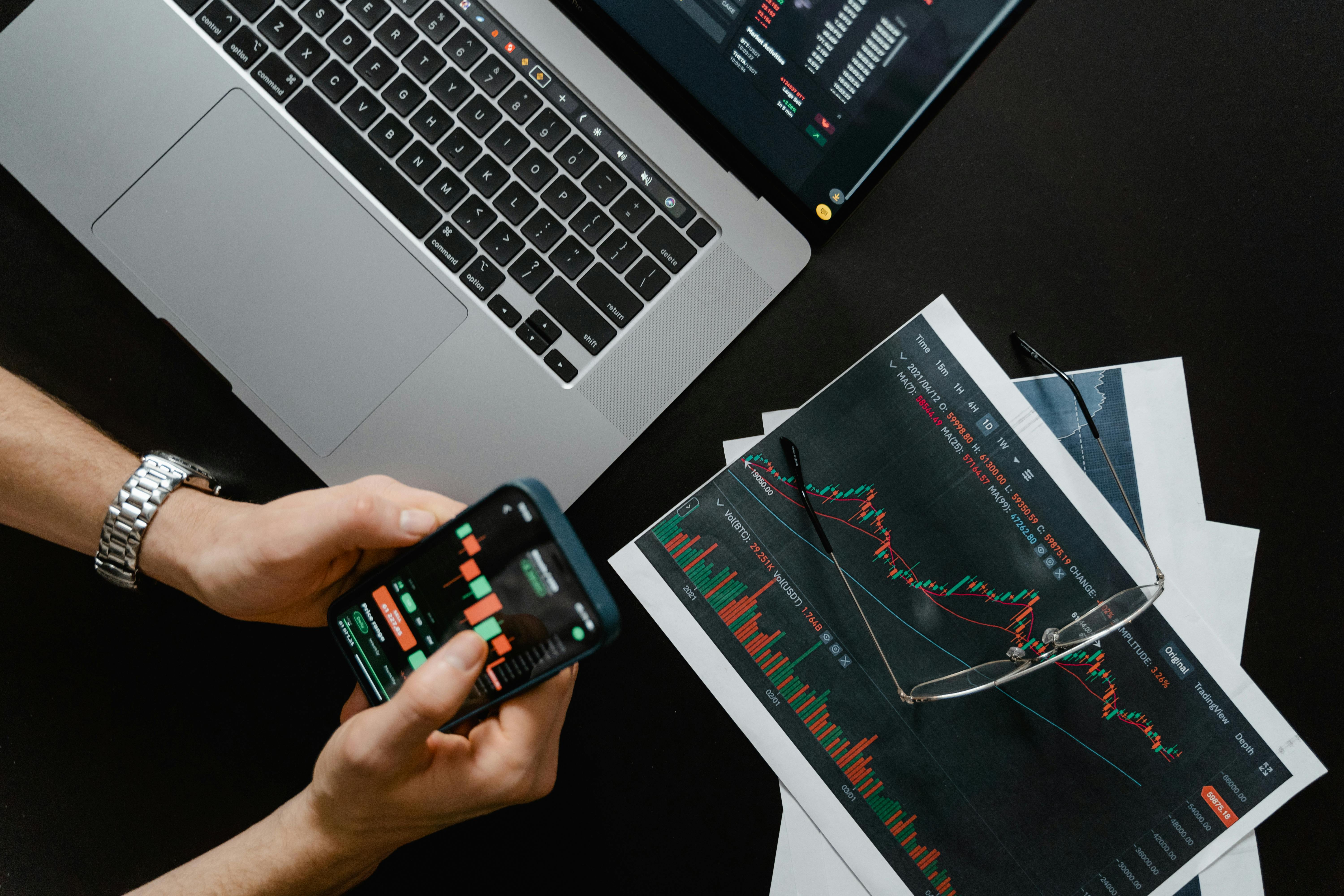
Tax Implications of Asset Tokenization: A Comprehensive Blockchain and DeFi Analysis
Tax Implications of Asset Tokenization: Navigating the Complex Digital Asset Ecosystem
Understanding Asset Tokenization and Tax Frameworks
Asset tokenization represents a transformative approach to digitizing real-world assets through blockchain technology, creating unprecedented opportunities and complex tax challenges across multiple jurisdictions. The process involves converting tangible and intangible assets into digital tokens that can be traded on blockchain platforms, fundamentally reshaping traditional financial structures.
Global Tax Jurisdiction Perspectives
United States Regulatory Landscape
In the United States, the Internal Revenue Service (IRS) has adopted a nuanced approach to digital asset taxation. Tokenized assets are typically treated as property, subjecting transactions to capital gains tax principles. Each token transfer potentially triggers a taxable event, creating significant compliance challenges for developers and investors.
Swiss and European Regulatory Environment
Switzerland and Liechtenstein have emerged as progressive jurisdictions for blockchain innovation, offering more favorable tax treatments for tokenized assets. These jurisdictions provide clearer regulatory frameworks that encourage technological development while maintaining robust compliance mechanisms.
Top Tokenization Protocols and Platforms
| Protocol | Jurisdiction | Primary Focus | Tax Complexity |
|---|---|---|---|
| Securitize | USA | Real Estate | High |
| Polymath | Canada | Securities | Medium |
| RealT | Global | Real Estate | High |
| Harbor | USA | Compliance | Very High |
| Tokeny | Luxembourg | Multi-Asset | Medium |
Tax Reporting and Compliance Challenges
Tokenized asset transactions introduce substantial complexity in tax reporting. Developers must implement sophisticated tracking mechanisms to document:
- Transaction timestamps
- Asset valuation at transfer
- Geographic origin of transactions
- Applicable jurisdictional tax rates
Emerging Trends in 2023-2024
Recent regulatory developments indicate increased scrutiny of digital asset transactions. The implementation of more granular reporting requirements and enhanced cross-border information exchange mechanisms are anticipated to reshape the tokenization landscape.
Technical and Legal Considerations
Successful tokenization strategies require comprehensive understanding of:
- Smart contract architecture
- Jurisdictional tax regulations
- Compliance infrastructure
- Risk mitigation strategies
International Tax Harmonization Efforts
Organizations like the OECD are working to develop standardized frameworks for digital asset taxation, potentially reducing current regulatory fragmentation and creating more predictable environments for blockchain innovation.
Market Analytics and Growth Projections
According to recent market research, the global asset tokenization market is projected to reach $16.5 trillion by 2030, with significant growth driven by enhanced regulatory clarity and technological advancements.
RWA.codes: Your Strategic Partner
At RWA.codes, we specialize in navigating the complex intersection of blockchain technology, legal compliance, and tax strategy. Our expert team provides comprehensive solutions for:
- Tokenization platform development
- Regulatory compliance consulting
- Tax optimization strategies
- Advanced blockchain architectural design
Our multidisciplinary approach ensures that your tokenization projects remain technologically innovative and financially sophisticated.